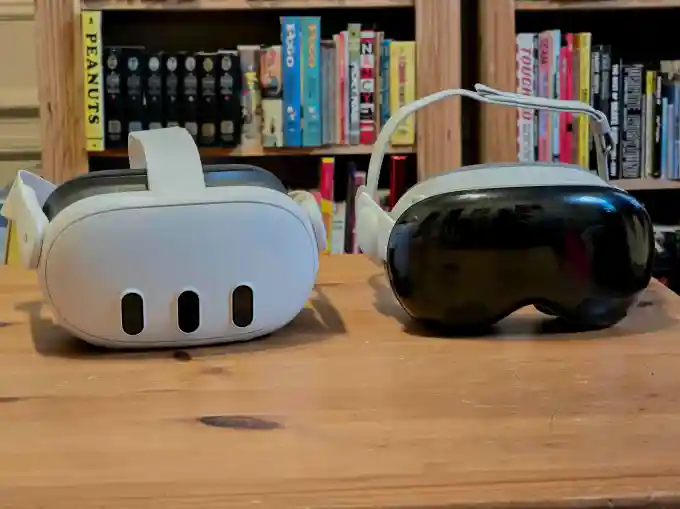Mark Zuckerberg, CEO of Meta, recently shared his thoughts on Apple’s Vision Pro mixed reality headset via an Instagram post, highlighting the intensifying competition between Meta and Apple in the realm of mixed reality technologies, utilizing Meta’s Quest 3 for filming, Zuckerberg provided insights into how Quest 3 stands against Vision Pro, emphasizing its value, comfort, and user experience.

Comparison Highlights:
Zuckerberg pointed out that Quest 3, priced significantly lower than Vision Pro, offers superior value for most users, he praised Quest 3 for its comfort, lightweight design, and portability, which enhances its usability across various activities, including sports and social interactions, additionally, he noted Quest 3’s wide field of view and higher screen brightness level, providing a clearer image even during head movements, unlike the Vision Pro, which he found blurry when moving.
Despite acknowledging Vision Pro’s high-resolution screen, Zuckerberg criticized Apple for the compromises made to achieve such clarity, including sacrificing quality and comfort, he appreciated the eye-tracking feature in some use cases but expressed admiration for the precision of Quest 3’s controllers.

Content Ecosystem and Open vs. Closed Models:
Zuckerberg highlighted Quest 3’s extensive library, including partnerships with platforms like Roblox and access to apps like YouTube and Xbox, which he noted are not available on Vision Pro, he concluded his review by discussing the open and closed models of technology adoption, expressing his ambition for Meta’s technology to triumph as the open model, akin to Microsoft’s approach in the past.

Mark Zuckerberg’s review of Apple’s Vision Pro through the lens of Meta’s Quest 3 offers a comprehensive comparison between the two headsets, focusing on usability, content access, and the broader impact on the mixed reality market, his critique underscores the ongoing rivalry between Meta and Apple, while also shedding light on Meta’s strategy to champion an open model in the evolving landscape of mixed reality technology.

